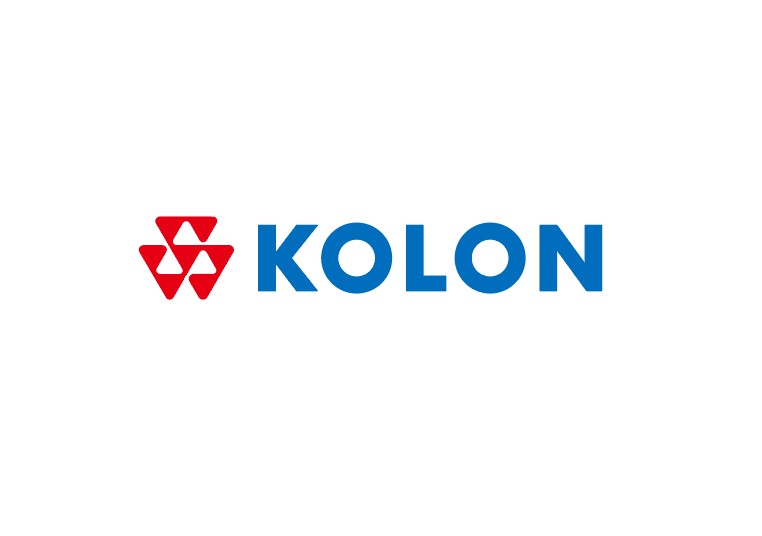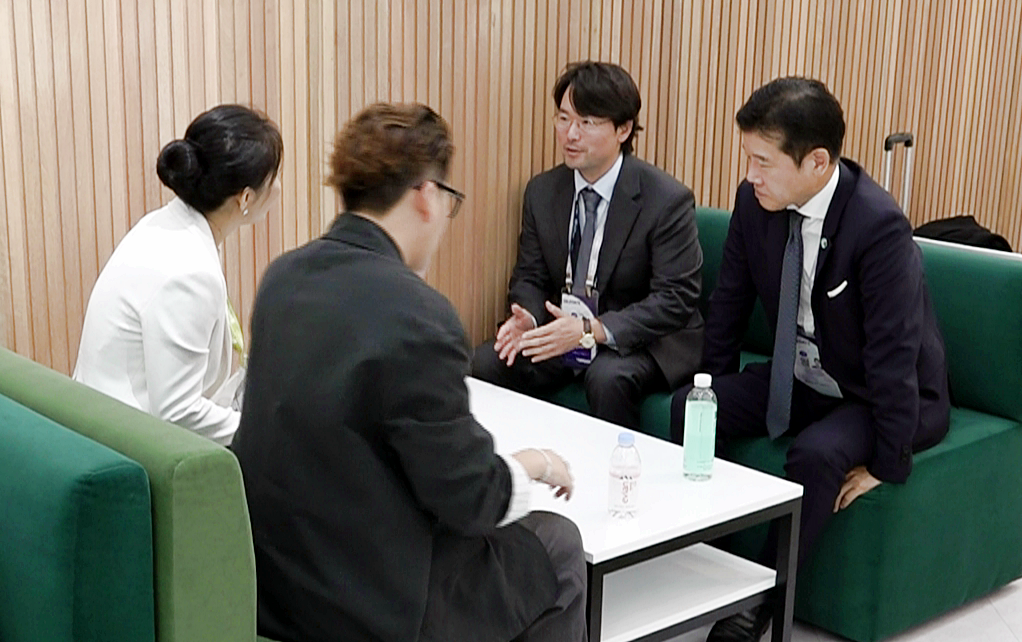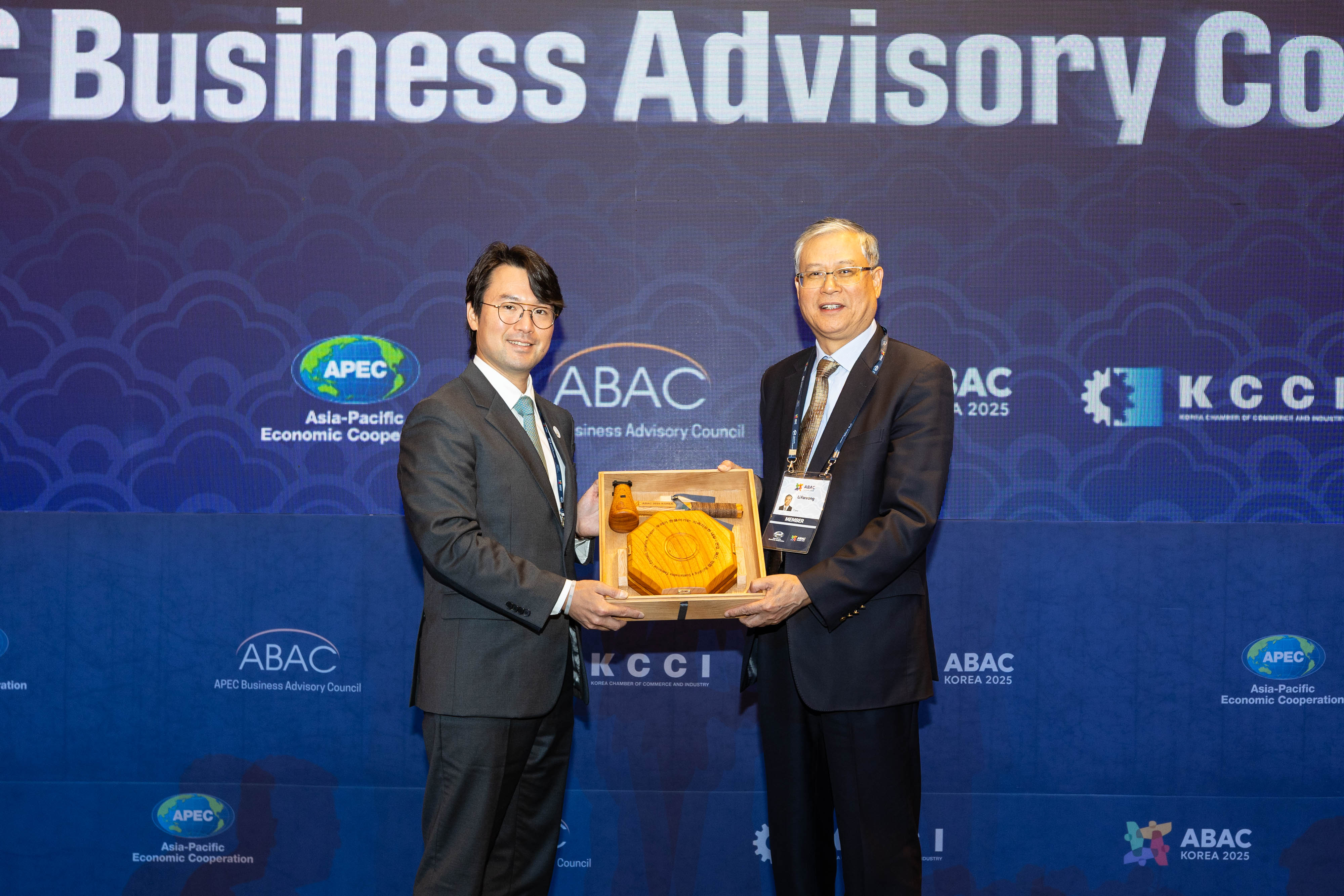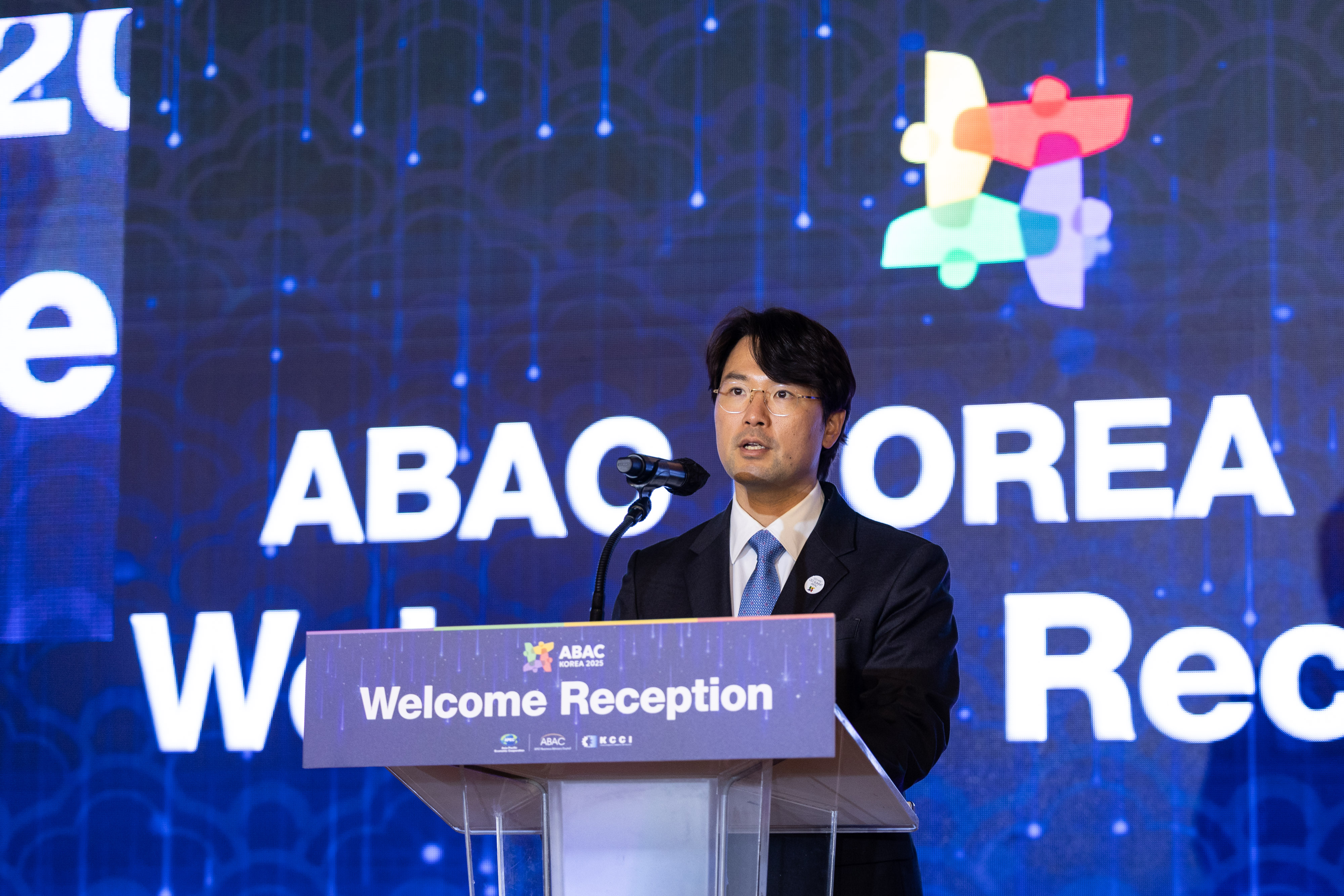Kolon Industries to Further Expand Its Presence in the Global Tire Cord Market
KOLON
2021.01.12
Kolon Industries to accelerate its penetration into the global tire cord market
- Making an investment to expand a tire cord plant in Binh Duong Province, Vietnam
▷ Increasing capacity by 19,200 tons, with total production output reaching about 103,000 tons
▷ Enhancing its global business structure by securing production bases with technical prowess and price competitiveness
Kolon Industries (CEO Hee-Goo Jang) is aggressively making inroads into the global tire cord market, expanding its tire cord plant in Vietnam.
The Korean chemical and textile company announced that it has decided to expand its polyester (PET) tire cord plant in Vietnam by next year September to boost its annual production capacity by 19,200 tons. This is the second investment made in Vietnam following the company’s first PET tire cord plant construction with an annual output of 16,800 tons in 2018, proving its initial roadmap set when it entered Vietnam is well underway. The upcoming expansion will lead to a twofold increase in output, bringing the tire maker’s total output to 103,200 tons.
Kolon Industries’ tire cord plant in the Bau Bang Industrial Park of Binh Duong Province has an integrated production system that covers all processes from raw material production to weaving, heat treatment, and finished products. The plant has also received approval on quality stabilization from global tire makers and is currently running at full capacity. The newly built facility will also have an integrated production system, which will be conducive to both output and efficiency.
The prospect for the continuous growth of the tire market is why Kolon Industries decided to ramp up the plant. One company specializing in market research for the automotive industry projects the market to grow about 3.5 percent per annum, going back to pre-COVID levels from 2022.
In particular, the market is forecast to sustain its growth in the longer term, driven by the increased uptake of tire cords following a more extensive supply of eco-friendly vehicles. Hybrid, electric, and hydrogen cars require 10 to 20 percent more tire cords than internal combustion engine vehicles to enhance durability due to battery weight.
Since starting its tire cord business in 1973, Kolon Industries has partnered with global tire giants such as Michelin, Goodyear, and Bridgestone. The company is strengthening its global portfolio by building overseas production bases that boast technological sophistication and price competitiveness. This can be exemplified by its two-time investment in Vietnam, following the establishment of a new plant in Nanjing, China, in 2004.
Kyu-Dae Park, managing director of the automotive materials business, said the company “plans to expand its market dominance by securing price competitiveness through realizing economies of scale with the second investment” and “at the same time maximize profitability by increasing sales of high-quality aramid and hybrid tire cords, developed for the first time in Korea.”
Tire cords are fiber reinforcements in which high-strength fiber is added to tires to support their shape, and thus, play a significant role in the safety and performance of a vehicle. There are four different types of tire cord depending on which raw material is used: PET, Nylon, Rayon, and Steel. Kolon Industries produces PET tire cords mainly used for passenger car tires.
The tire cord market has a relatively high entry barrier than other industries since tire cords are directly related to end users’ safety. Technology development and production are challenging as it is a labor-intensive process industry requiring large-scale investments. However, once the quality is recognized, manufacturers can gain a firm foothold in the market.
KOLON Group's mobile web is optimized for vertical screens.




